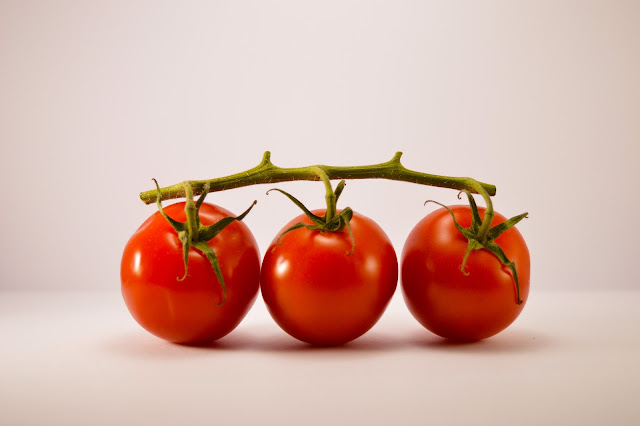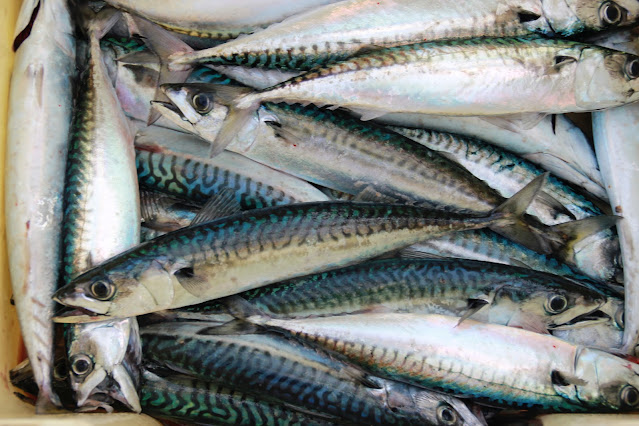Boost Your Eye Health with These 15 Nutrient-Rich Foods!
Your Eye health totally depends on what you eat because fruit and vegetables are loaded with various substances like nutrients, minerals, and vitamins to keep your eye and eyesight healthy by keeping several eye diseases away.
Fruits and Veggies play a vital role in keeping the eye healthy. Natural foods for healthy and vision Taking Care of your eyes is not a difficult task as a task required for doing workouts.
If you love surfing on the internet then it may add extra health benefits to your eyes. You can browse thousands of tips and updates from eye experts just through a simple click helps to keep your vision 20/20. You can check here social media to stay fit.
During our childhood, our granny or grandmother force us to eat dark fruits or veggies like a carrot to promote eye health and strong vision but according to health research granny was right because including dark fruits in the diet helps to promote eye health.
Dark color fruit or veggies are helpful in protecting from several eye diseases to keep the eye beautiful and healthy.
When we discuss the substances for eye health then antioxidants come at the top because antioxidants improve eye health by preventing the formation of free radicals in the body that damages to eyes. (In the case of Retina and Eye Lens).
We can take different eye essential substances through supplements but the best way to eat a balanced diet is to obtain these substances naturally. Here we are trying to list some natural healthy foods for healthy eyes and vision.
Leafy Greens: A Nutrient Powerhouse for Your Eyes
These nutrient-packed vegetables contain high levels of antioxidants, such as lutein and zeaxanthin, that help protect the eyes from harmful free radicals and UV rays.
These antioxidants can also help reduce the risk of developing age-related eye diseases, such as cataracts and macular degeneration, which can lead to vision loss.
Leafy greens are also rich in vitamins A and C, which play a critical role in maintaining eye health. Vitamin A helps to protect the cornea and is essential for good night vision.
Vitamin C, on the other hand, is an antioxidant that can help reduce the risk of cataracts and macular degeneration.
It also helps to maintain the collagen in the eye, which is essential for maintaining the structure of the eye.
Citrus Fruits: Vitamin C for Eye Health
Vitamin C also plays an important role in collagen production, which helps to maintain the structure of the eye.
Studies have shown that consuming adequate amounts of Vitamin C may reduce the risk of developing cataracts and macular degeneration, two common age-related eye disorders.
Citrus fruits such as oranges, lemons, and grapefruits are easy to incorporate into one's diet and can be enjoyed as a snack or used in recipes such as salads or smoothies.
Nuts and Seeds: A Crunchy Way to Protect Your Vision
They are packed with Vitamin E, which is a powerful antioxidant that helps to protect the eyes from free radicals and oxidative damage.
Consuming adequate amounts of Vitamin E can reduce the risk of developing cataracts and age-related macular degeneration.
Nuts and seeds are also a good source of omega-3 fatty acids, which have anti-inflammatory properties and can help prevent dry eye syndrome.
Examples of nuts and seeds that are beneficial for eye health include almonds, walnuts, chia seeds, and flaxseeds. They can be added to salads, oatmeal, or consumed as a snack.
Fish: Omega-3 Fatty Acids for Eye Health
These fatty acids play a critical role in the development and function of the retina, which is the part of the eye responsible for converting light into electrical signals that are sent to the brain.
Consuming omega-3 fatty acids can help prevent dry eye syndrome, reduce the risk of macular degeneration, and improve overall eye health.
Oily fish such as salmon, tuna, and sardines are particularly high in omega-3 fatty acids and are a great addition to a healthy diet.
Eggs: A Protein-Packed Breakfast for Your Eyes
They are rich in lutein and zeaxanthin, two important antioxidants that are essential for maintaining healthy eyesight.
These antioxidants help to protect the eyes from harmful free radicals and UV rays, which can cause damage to the retina and increase the risk of developing age-related eye disorders.
In addition to lutein and zeaxanthin, eggs are also an excellent source of protein, which is essential for maintaining healthy eye tissues. They also contain Vitamin A, which helps to protect the cornea and promote good vision.
Berries: A Sweet Treat for Eye Health
These antioxidants can also reduce the risk of developing age-related eye disorders, such as cataracts and macular degeneration.
Berries, such as blueberries, raspberries, and strawberries, are also a good source of Vitamin E, which can help reduce inflammation and prevent dry eye syndrome.
Bell Peppers: A Colorful Way to Boost Eye Health
Vitamin C is also essential for collagen production, which helps maintain the structure of the eye.
Bell peppers are also a good source of Vitamin A, which is necessary for the proper functioning of the retina and can help prevent night blindness.
Additionally, they contain zeaxanthin and lutein, two antioxidants that can help reduce the risk of developing age-related eye disorders, such as macular degeneration and cataracts.
Sweet Potatoes: A Tasty Source of Vitamin A
They are rich in beta-carotene, a type of Vitamin A that is essential for maintaining healthy eyesight.
Beta-carotene is converted to Vitamin A in the body, which is necessary for the proper functioning of the retina and can help prevent night blindness.
Sweet potatoes are also a good source of Vitamin C, which is a powerful antioxidant that can help protect the eyes from damage caused by free radicals and UV rays.
They also contain potassium, which can help regulate fluid balance in the body and reduce the risk of developing high blood pressure, which can lead to eye damage.
Broccoli: A Cruciferous Vegetable for Eye Health
Broccoli is also a good source of Vitamin A, which is essential for maintaining healthy eyesight and can help prevent night blindness.
Additionally, it contains zeaxanthin, an antioxidant that can help reduce the risk of developing age-related eye disorders.
Dark Chocolate: A Delicious Way to Protect Your Eyes
The flavonoids found in dark chocolate can also help improve blood flow to the eyes, which is essential for maintaining healthy eyesight.
Additionally, dark chocolate contains small amounts of zinc and copper, which are essential nutrients for eye health.
However, it is important to consume dark chocolate in moderation as it is high in calories and sugar.
A small amount of dark chocolate, around 1-2 ounces per day, can be enjoyed as a healthy and delicious treat to support good eye health.
Tomatoes: Lycopene and Eye Health
Lycopene can also help reduce the risk of developing age-related eye disorders, such as macular degeneration and cataracts.
Additionally, tomatoes are a good source of Vitamin C, which is essential for maintaining healthy eyesight and can help reduce the risk of developing cataracts.
Tomatoes also contain Vitamin A, which is necessary for the proper functioning of the retina and can help prevent night blindness.
Carrots: Fact or Fiction?
Beta-carotene is converted into Vitamin A in the body, which is necessary for the proper functioning of the retina.
Vitamin A also helps to protect the eyes from damage caused by free radicals and helps to prevent dry eyes.
Spinach: A Versatile Leafy Green for Eye Health
Additionally, spinach is a good source of Vitamin A and a rich source of Vitamin C, which is a powerful antioxidant that can help protect the eyes from damage caused by free radicals and reduce the risk of developing cataracts.
Oranges: A Refreshing Snack for Eye Health
Vitamin C can help improve blood flow to the eyes, which is essential for maintaining healthy eyesight.
Additionally, oranges contain flavonoids, another type of antioxidant that can help protect the eyes from damage caused by free radicals.
Oranges are also a good source of folate, which is necessary for the proper functioning of the retina and can help prevent vision loss.
Oily Fish: A Delicious Way to Keep Your Eyes Healthy
Omega-3 fatty acids are essential nutrients that cannot be produced by the body and must be obtained through the diet.
They can help reduce inflammation in the body, which can contribute to the development of age-related eye disorders, such as macular degeneration and dry eye syndrome.
Omega-3 fatty acids can also help improve blood flow to the eyes, which is essential for maintaining healthy eyesight.
Additionally, oily fish are a good source of Vitamin D, which can help reduce the risk of developing macular degeneration.
Eating oily fish two to three times a week can be an easy and delicious way to support good eye health.






















